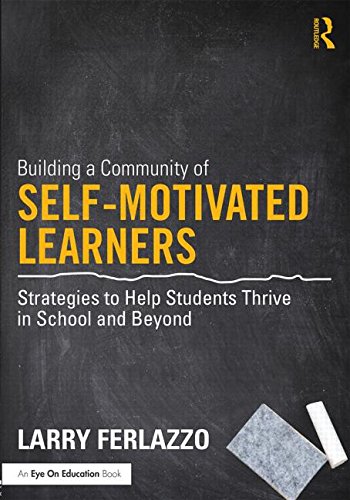Effective Strategies on How to Get Interest Rate Lowered on Student Loans: A Comprehensive Guide
Guide or Summary:Understanding Your LoansRefinancing Your Student LoansConsider ConsolidationLook for Discounts and BenefitsExplore Income-Driven Repayment……
Guide or Summary:
- Understanding Your Loans
- Refinancing Your Student Loans
- Consider Consolidation
- Look for Discounts and Benefits
- Explore Income-Driven Repayment Plans
- Negotiate with Your Lender
- Check for Federal Loan Forgiveness Programs
- Stay Informed and Proactive
#### How to get interest rate lowered on student loans
Lowering the interest rate on student loans can significantly reduce the overall financial burden on borrowers. Whether you are struggling with federal or private student loans, understanding the steps to take can help you save money in the long run. This guide will explore various strategies and options available to you, ensuring that you are well-equipped to tackle your student loan interest rates.
Understanding Your Loans
Before diving into methods for lowering your interest rates, it's essential to understand the types of student loans you have. Federal student loans typically have fixed interest rates set by the government, while private loans can vary significantly based on the lender and your creditworthiness. Knowing the specifics of your loans will help you determine the best course of action.

Refinancing Your Student Loans
One of the most common ways to lower your interest rate is through refinancing. This process involves taking out a new loan to pay off your existing loans, ideally at a lower interest rate. To qualify for refinancing, you typically need a good credit score and a stable income. Many lenders offer competitive rates, so it’s worth shopping around to find the best deal. Keep in mind that refinancing federal loans means losing certain benefits, such as income-driven repayment plans and loan forgiveness options.
Consider Consolidation
If you have multiple federal loans, consolidating them into a Direct Consolidation Loan can simplify your payments. While this won’t necessarily lower your interest rate, it can help you manage your loans more effectively. The interest rate for a Direct Consolidation Loan is the weighted average of your existing loans, rounded up to the nearest one-eighth percent. This means that while you may not see a significant reduction, it can help streamline your repayment process.
Look for Discounts and Benefits
Many lenders offer discounts for various reasons, such as setting up automatic payments or being a loyal customer. Check with your loan servicer to see if you qualify for any interest rate reductions. Additionally, some employers offer student loan repayment assistance as part of their benefits package. If you’re employed, inquire about such programs that could help lower your financial burden.

Explore Income-Driven Repayment Plans
For federal loans, consider enrolling in an income-driven repayment plan. These plans adjust your monthly payments based on your income and family size, which can make them more manageable. While this won't lower your interest rate directly, it can provide immediate relief and help you avoid defaulting on your loans.
Negotiate with Your Lender
It may be worth reaching out to your lender directly to discuss your situation. Some lenders may be willing to negotiate your interest rate, especially if you have a good payment history. Expressing your concerns and demonstrating your commitment to repayment can sometimes lead to favorable outcomes.
Check for Federal Loan Forgiveness Programs
If you work in certain public service fields, you may qualify for federal loan forgiveness programs. Programs like the Public Service Loan Forgiveness (PSLF) can forgive the remaining balance on your loans after a set number of qualifying payments. While this doesn’t lower your interest rate directly, it can significantly reduce the amount you owe overall.

Stay Informed and Proactive
Finally, staying informed about changes in student loan policies and interest rates is crucial. The landscape of student loans can change, and new programs or opportunities may arise that could benefit you. Regularly check with your loan servicer and financial news sources to ensure you’re taking advantage of any potential savings.
In conclusion, taking steps to lower your student loan interest rates can have a profound impact on your financial future. By understanding your loans, exploring refinancing options, and utilizing available resources, you can effectively manage your student debt and work towards a more secure financial situation.